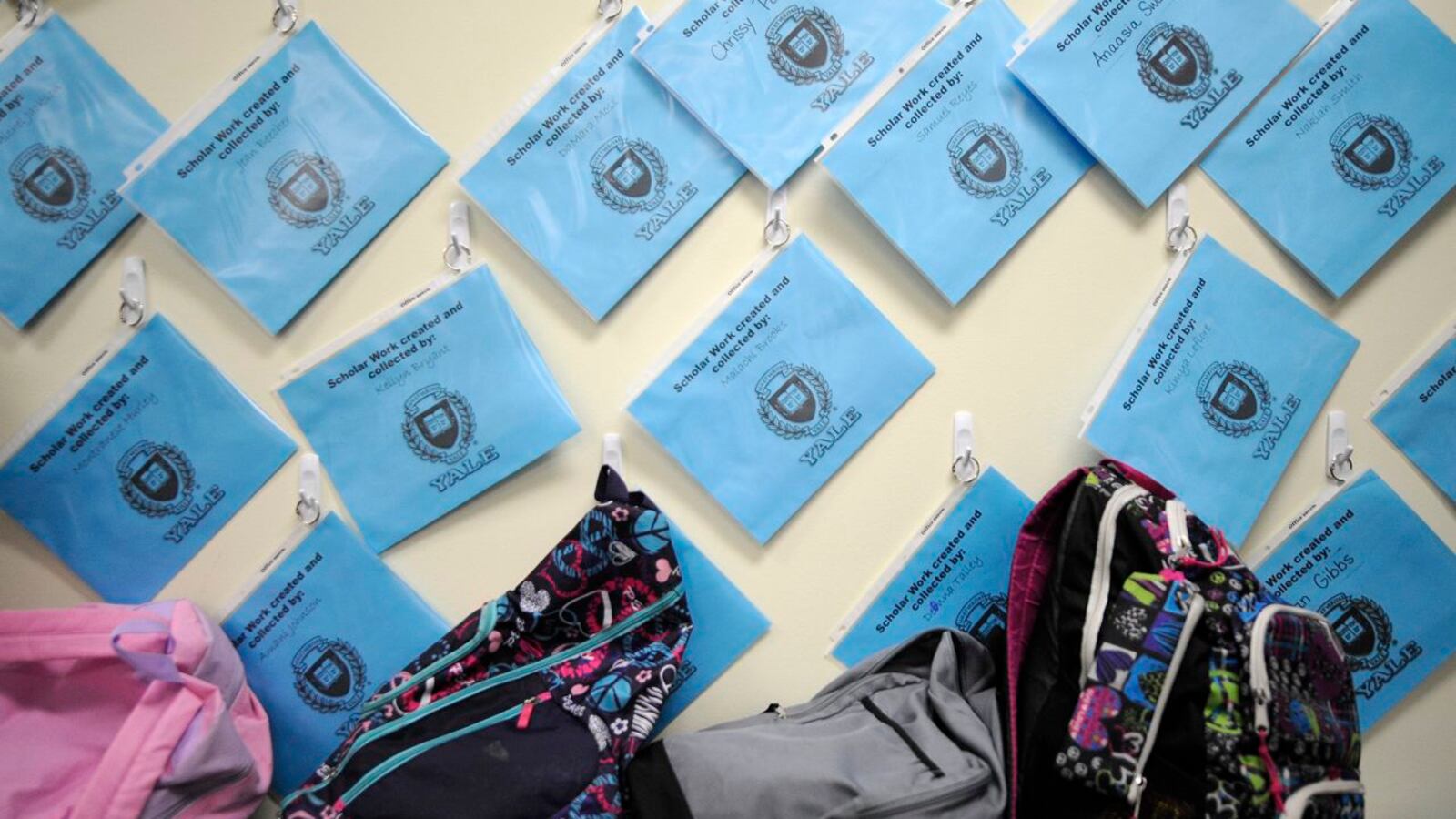When staff from the Bill and Melinda Gates Foundation came to Indianapolis in 2011, they were hoping to fund and support partnerships between district and charter schools. But local officials showed so little interest in collaborating, that the idea was scrapped.
That’s the story told in new grant proposal submitted to the Gates Foundation by the Indianapolis Public Schools last December.
Just five years on, the district has gone through a complete overhaul. Two election cycles brought in a wave of board members, nearly all of whom are eager to see greater collaboration with charter schools.
In 2013, the board hired Superintendent Lewis Ferebee, who has been an advocate for partnerships with charter schools, leasing district buildings to charter schools and supporting legislation to allow the district to hand management of failing schools over to outside organizations, such as charter schools.
With such strong support for district-charter partnerships from IPS leaders, it’s not surprising that when the district applied for a grant from the Gates Foundation in December, it was approved. The foundation awarded IPS a $100,000 grant to help support the district innovation office and fund a new innovation manager position. The board voted to accept the grant at a meeting today.
“I’m very excited,” said Board President Mary Ann Sullivan. “We have some great assets within the district that hopefully we can make available to maybe some schools that previously had not been able to access those things.”
Several Indianapolis charter schools, all current or potential innovation partners, signed on to a district-charter compact, an IPS official said. They include Enlace Academy, KIPP College Prep Middle School and KIPP Indy Unite Elementary School. In development are three new partner schools including Westside Community Middle School, Kindezi Academy and Global Preparatory Academy.
Board member Gayle Cosby voted against accepting the grant. The Gates Foundation typically awards grants to districts that are moving toward privatization, she said.
“To me it signaled the beginning of an era of intensified privatization of our district,” she said. “My hope is that IPS continues to be in the business of educating children, not just supporting charter schools that are educating children.”
The funding will help IPS pursue plans to grant school leaders more freedom and partner with outside organizations to run some schools. It will also take the district one step closer to a potential partnership with charter schools encompassing unified enrollment and a shared system to give families looking for schools information on school quality that would include measures such as parent perceptions of schools and how well they serve high-needs students.
The push for a unified enrollment system is being led by The Mind Trust fellow Caitlin Hannon, a former school board member who resigned in August to develop the new enrollment process. It would provide one stop for families applying for spots in the city’s charter and IPS schools.
“We have a system of choice, and we have a lot of choices in Indianapolis,” Hannon said. “But they’re really, really confusing for all families, let alone the families that need them the most.”
(Read more: Hannon’s goal: Help parents make choices and give schools useful data.)
The district has not committed to joining Enroll Indy, Hannon’s enrollment system, but Ferebee has been part of the planning process.
“They’ve been fruitful conversations, but there still remains a lot to be determined in terms of details and logistics,” Ferebee said.
IPS also is working with Mayor Joe Hogsett’s office on a separate project to try to create a system to give parents detailed information on school quality that goes beyond the A-F grades awarded by the state, Ferebee said.
“The information that parents need to make informed decisions about school, information they need to hold us accountable, is not readily available,” Ferebee said. “We need to be giving them more information.”

